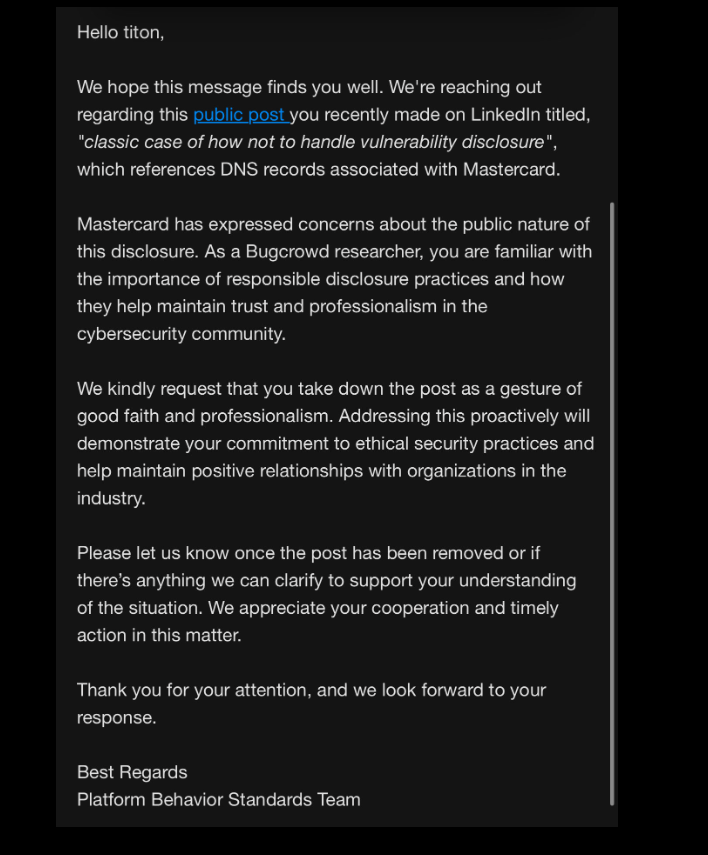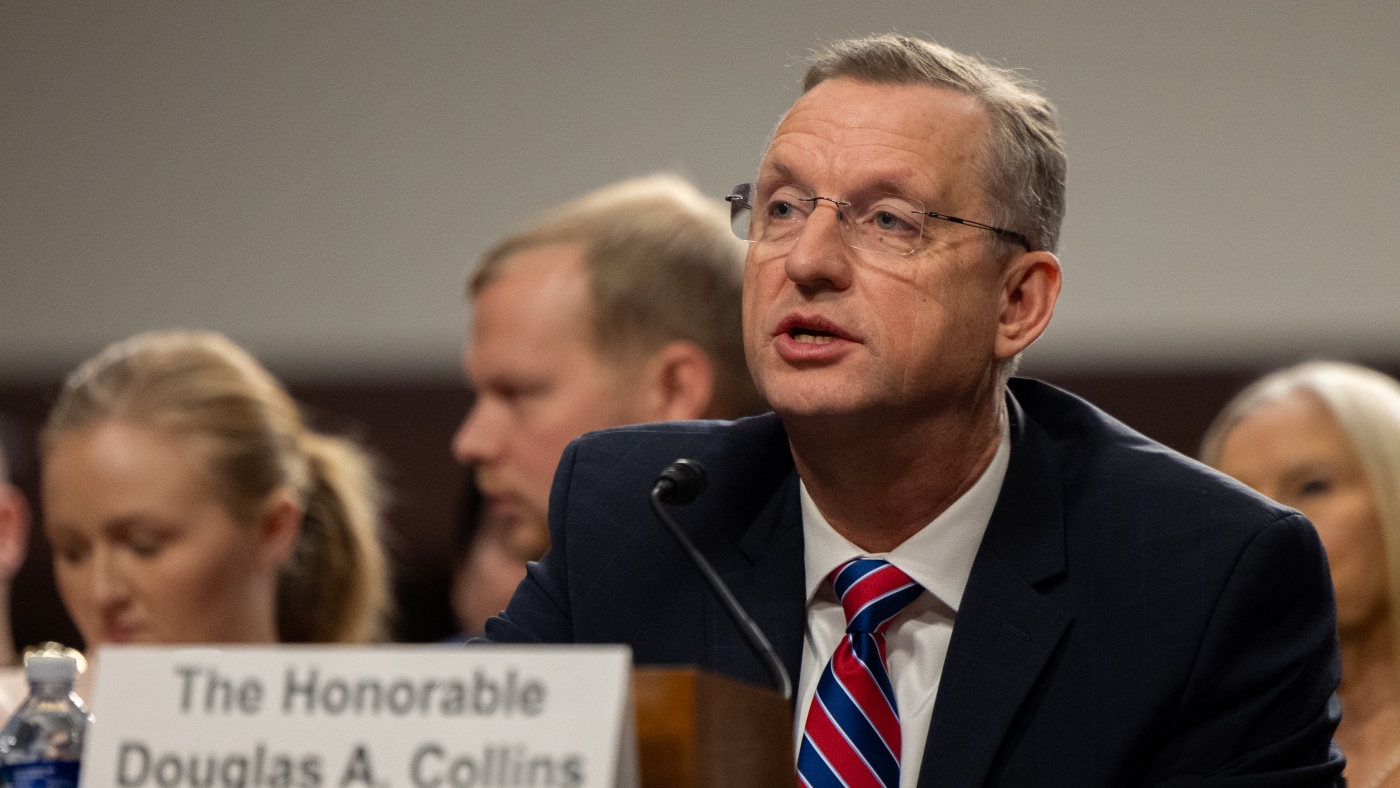Peter Greene on a Bill to Ban Federal Funding of For-Profit Charter Schools
Peter Greene wrote in Forbes about a bill just introduced in the House of Representatives to ban federal funding of for-profit charters. He explains how some ostensibly non-profit charters are actually managed by for-profits. Will Congress have the gumption to stop profiteering in charter world? Expect fierce opposition from the charter lobby. Bottom line: charter […]
Peter Greene wrote in Forbes about a bill just introduced in the House of Representatives to ban federal funding of for-profit charters. He explains how some ostensibly non-profit charters are actually managed by for-profits. Will Congress have the gumption to stop profiteering in charter world? Expect fierce opposition from the charter lobby. Bottom line: charter schools claim to be “public schools.” Public schools do not operate for profit.
He begins:
In almost every corner of the U.S., charter schools are non-profit. And yet, there are numerous ways to run a non-profit for profit.
In two reports (Chartered for Profit and Chartered for Profit II), the Network for Public Education showed numerous examples of the most common techniques. Some charters lease their buildings back from related businesses. In one New York case, a chartering organization leased a space from the diocese, then leased that space to its own charter school for over ten times the amount it was paying.
There are “sweeps” contracts, where a non-profit charter hires a for-profit management organization to handle everything, in return for nearly every dollar the charter takes in. As one EMO contract cited in the report states, it receives “as renumeration for its services an amount equal to the total revenue received” by the school “from all revenue sources.”
In many cases, a non-profit charter school simply serves as a pass through for money headed to a for-profit business.
Why be concerned? Because every dollar spent on students is a dollar that the company doesn’t get to keep. Every dollar that makes it into the classroom doesn’t make it into the company’s pocket. When profit-making businesses provide human services, there is a conflict of interest between the company and its customers.
Don’t public school districts use for-profit contractors? They do, particularly for big ticket items such as for preparation and bus service. But those contracts are overseen and approved by elected school board members who are responsible for looking after the interests of the students, not the vendors. Nor do public schools contract with vendors to conduct the main business of the school.
To address the issue of charter schools operated for a profit, United States Representative Rosa DeLauro (CT-03) and Representative Suzanne Bonamici (OR-01) this month introduced the Championing Honest and Responsible Transparency in Education Reform (CHARTER) Act. Said DeLauro,
The CHARTER Act would ensure that for-profit education management organizations can no longer jump through loopholes that have given them access to funding that has always been intended for nonprofit entities. Educating our children should be for their enrichment and future prosperity – not to maximize the profits of their owners and investors.
The bill adds to the definition of a charter school given in Section 4310 of the Elementary and Secondary Education Act. In addition to the other qualifiers already in the federal definition of a charter school, the bill would add that a charter school
does not enter into a contract with a for-profit entity, or have a charter management organization or other nonprofit entity enter into such a contract on behalf of such school, under which the for-profit entity operates, oversees, manages, or otherwise carries out the administration of such school, which may include curriculum development, budget management, and faculty management (such as hiring, terminating, or supervising school-level staff);
The bill also specifies that a charter school may contract for food, payroll, facilities maintenance, transportation services, classroom supplies or other ancillary services.
The bill then goes on to require the amended definition be used for ESEA and IDEA, thereby blocking charters that don’t meet the amended definition from receiving any federal funds.
The issue of charters operated for profit has been addressed before, when the Biden administration tightened rules governing the Charter School Program grants handed out by the federal government. Those changes required charters to be more transparent about where the money was going, and the grantee had to offer assurances that a for-profit CMO “does not exercise full or substantial control” over the school.
If the CHARTER Act gains traction in Congress, it will continue this trend of seeking greater assurance that federal dollars sent to charter schools will find their way to the classroom, and not some for-profit company’s bank account.
What's Your Reaction?































.jpg?width=1920&height=1920&fit=bounds&quality=80&format=jpg&auto=webp#)




















































